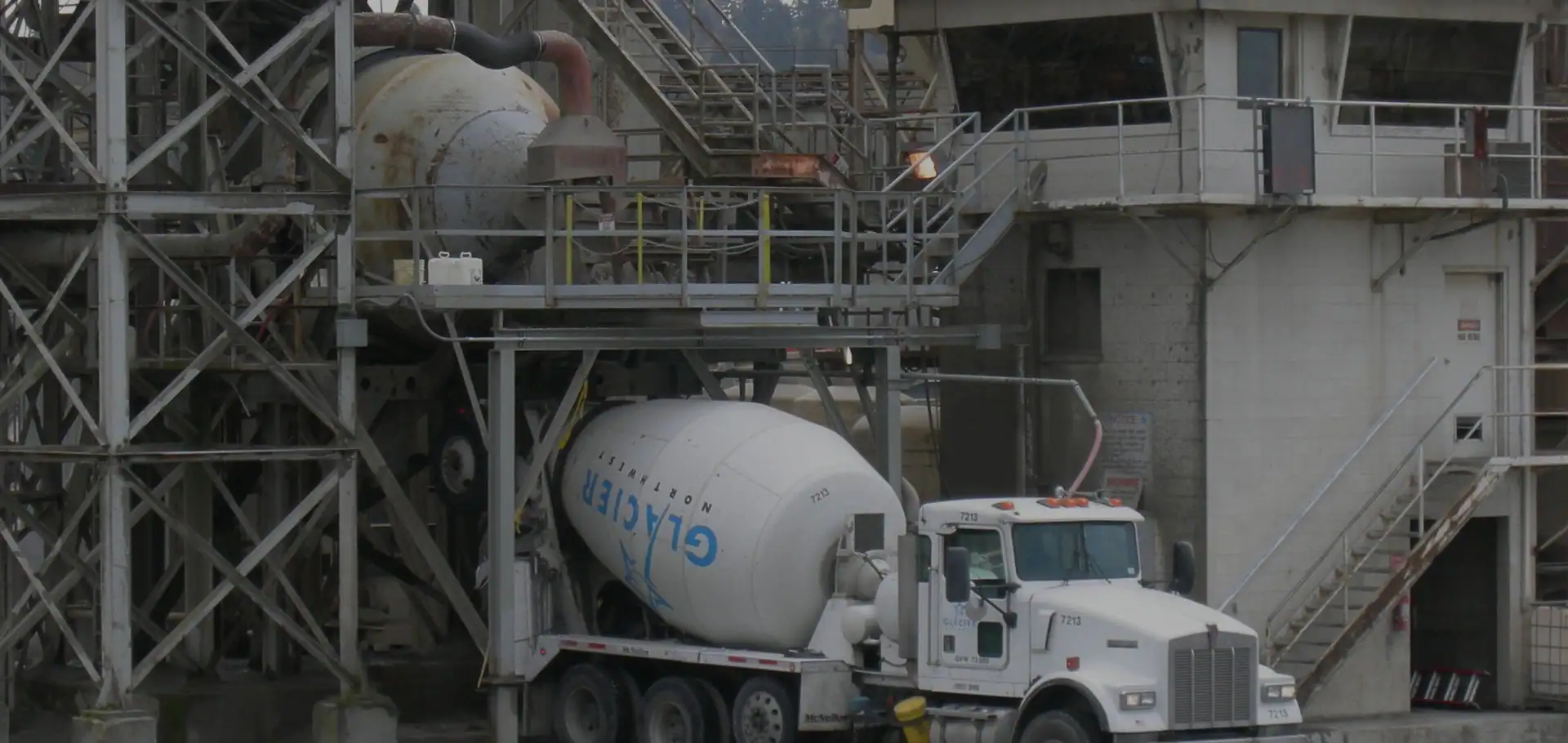The cement industry operates in one of the most demanding industrial environments—high temperatures, abrasive materials, and relentless chemical exposure. To maintain operational efficiency, reduce energy costs, and extend equipment lifespan, reliable thermal insulation and refractory materials are non-negotiable. Among global suppliers, Rosewool has emerged as a trusted partner, offering tailored solutions that address the unique challenges of cement production.
Cement manufacturing involves several high-temperature stages, including:
Without proper insulation and refractory protection:
Rosewool’s materials solve these challenges by combining superior heat resistance, thermal efficiency, and durability.

Cement kilns and preheaters operate at temperatures exceeding 1400°C. Rosewool’s refractory materials are engineered to withstand:
This performance is due to its alumina-silica ceramic fiber matrix (70–90% Al₂O₃ + SiO₂), which resists thermal shock and maintains structural stability under extreme conditions.
The ceramic fiber boards and ceramic fiber blankets of Rosewool can reduce heat loss by 70 - 90% in the following way: in cement equipment:
Cement dust, alkalis (e.g., sodium hydroxide), and sulfuric acid (from fuels) corrode unprotected metal. Rosewool’s materials:
Rosewool’s products are designed for rapid deployment:
The kiln is the heart of a cement plant, where raw materials are transformed into clinker. Rosewool’s high-purity ceramic fiber blankets line the kiln shell,:
Case Study: An Indian cement plant with a daily production capacity of 3,000 tons used ceramic fiber blankets to reduce the temperature of the kiln shell by 200°C, resulting in a 18% reduction in fuel consumption annually.
Preheater towers and coolers handle hot gases and clinker, respectively. Rosewool’s ceramic fiber modules insulate these components, preventing heat loss and reducing wear on fans and conveyors.
High-temperature exhaust ducts and chimneys require robust insulation to prevent heat leakage and protect workers. Rosewool’s aluminum foil fiber boards reflect radiant heat, maintaining safe surface temperatures (<50°C) while reducing energy waste.
Ball mills and vertical roller mills operate at high temps due to friction. Rosewool’s ceramic fiber blankets line mill shells, reducing energy loss and extending bearing life.
Rosewool has over 23 years of experience serving cement producers globally. Its R&D team collaborates with plant managers to develop custom solutions for unique challenges (e.g., high-sulfur fuels, abrasive dust).
These certifications assure buyers that Rosewool materials meet international standards for safety, efficiency, and durability.
Cement production is energy-intensive and carbon-heavy. Rosewool’s products:
In the cement industry, Rosewool helps cement plants reduce costs, enhance safety, and meet sustainability goals.
Whether you’re a plant manager seeking to optimize operations or an engineer specifying materials for a new facility, Rosewool is the trusted partner for turning high-temperature challenges into opportunities for success.